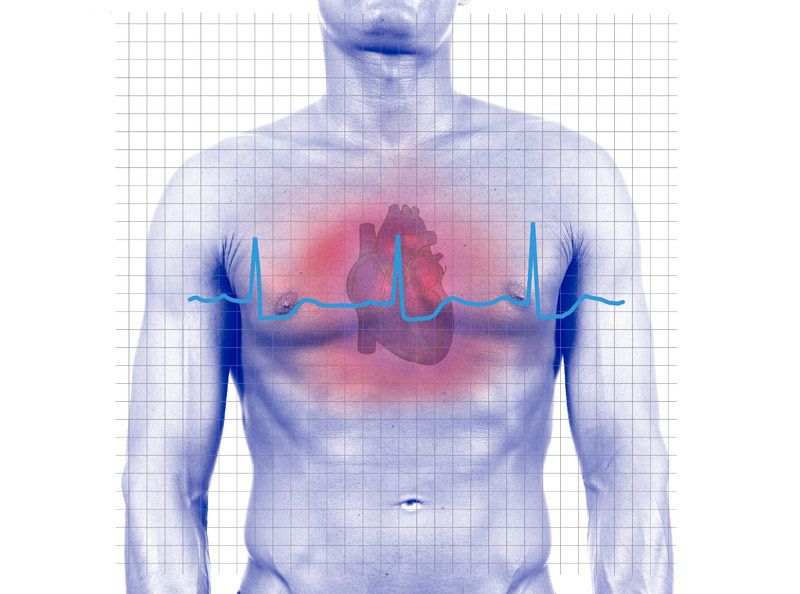The Reality of Mysterious Medical Maladies

A recent governmental panel composed of scientists and veterans concluded that Gulf War Syndrome is real, the symptoms likely caused by neurotoxins that veterans were exposed to during the war.
About 60,000 of the nearly 700,000 Gulf War veterans began reporting health problems in the months and years following their military service. Complaints include insomnia, irritability, hair loss, chronic fatigue, muscle spasms, skin rashes, memory loss, diarrhea, headaches, and unexplained aches and pains. Some veterans believe that the disease is also responsible for birth defects and cancer.
The study, by the Research Advisory Committee on Gulf War Veterans' Illnesses, contradicted earlier reports (such as a 2006 report from the National Academy of Sciences) that cast doubt on the reality of Gulf War Syndrome. The controversy over the disease highlights the difficulties of medical diagnosis. Part of the problem is that the symptoms are so diverse that attributing a specific cause to a specific illness can be very difficult.
The reality of Gulf War Syndrome has been settled — at least for now — but it is only one of several diseases or syndromes whose reality has long been the subject of debate. Some diseases, such as fibromyalgia, were for many years questioned, but are now generally recognized as legitimate maladies. Others, as Princeton professor Elaine Showalter examines in her book "Hystories: Hysterical Epidemics and Modern Media," have been lent more credence by the public and news media than the scientific evidence warrants. Examples include:
Breast Implant Disorders
Beginning in the early 1990s, women who had silicone gel breast implants began to complain about unexplained health problems. The controversy was propelled by high-profile court cases and sensationalized media stories, based on what many referred to as "junk science." In the past 20 years the controversy has died down as about a dozen scientific reviews, panels, studies, and reports examined the issue. The research overwhelmingly shows no causal connection between autoimmune or connective tissue disorders and breast implants.
Chronic Fatigue Syndrome
Sign up for the Live Science daily newsletter now
Get the world’s most fascinating discoveries delivered straight to your inbox.
All of us get tired now and then, but people who suffer from Chronic Fatigue Syndrome (CFS) have it much worse. The symptoms include debilitating fatigue, headaches, muscle weakness, joint pain, and memory problems. Though CFS has gradually become more accepted as a legitimate diagnosis over the past few years, many remain skeptical, and like most "disputed diseases" there is no medical test that can conclusively diagnose it.
Multiple Personality Disorder
Though tens of thousands of people claim to have Multiple Personality Disorder (MPD), the diagnosis is controversial, and many researchers doubt the condition even exists. Curiously, most therapists don't see a single MPD case during their careers, while others seem to find dozens. Are the "split personalities" real, or accidentally created in suggestible patients by misguided therapists? In 1999 it was revealed that the most famous example of MPD, a woman named Sybil, probably did not have the disease she was known for. Instead, the multiple personalities she believed she had were created by her therapist.
Perhaps one day these and other mystery diseases will be conclusively proven to exist. Regardless of whether these controversial diseases are physiological or psychological, they are "real" in the sense that sufferers are in pain and deserve treatment.
- The Most Popular Myths in Science
- Top 10 Unexplained Phenomena
- Top 10 Mysterious Diseases
Benjamin Radford is managing editor of the Skeptical Inquirer science magazine. He wrote about media-generated health scares in his book" Media Mythmakers: How Journalists, Activists, and Advertisers Mislead Us." His books, films, and other projects can be found on his website.











